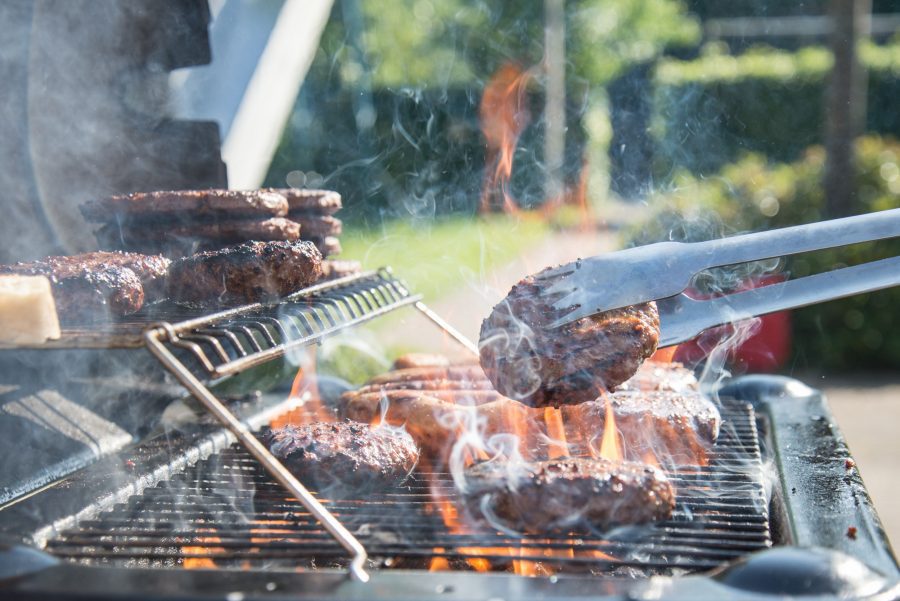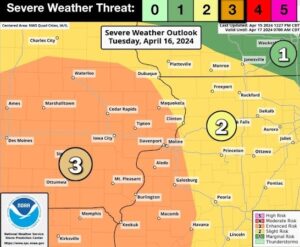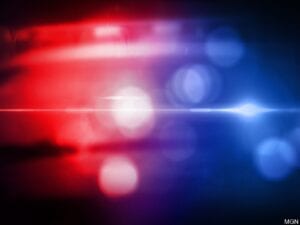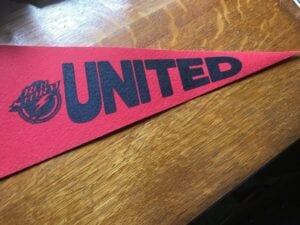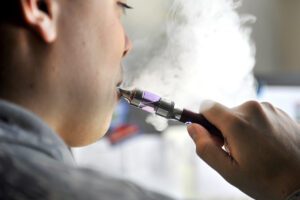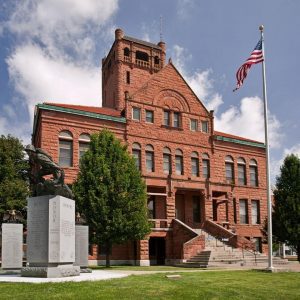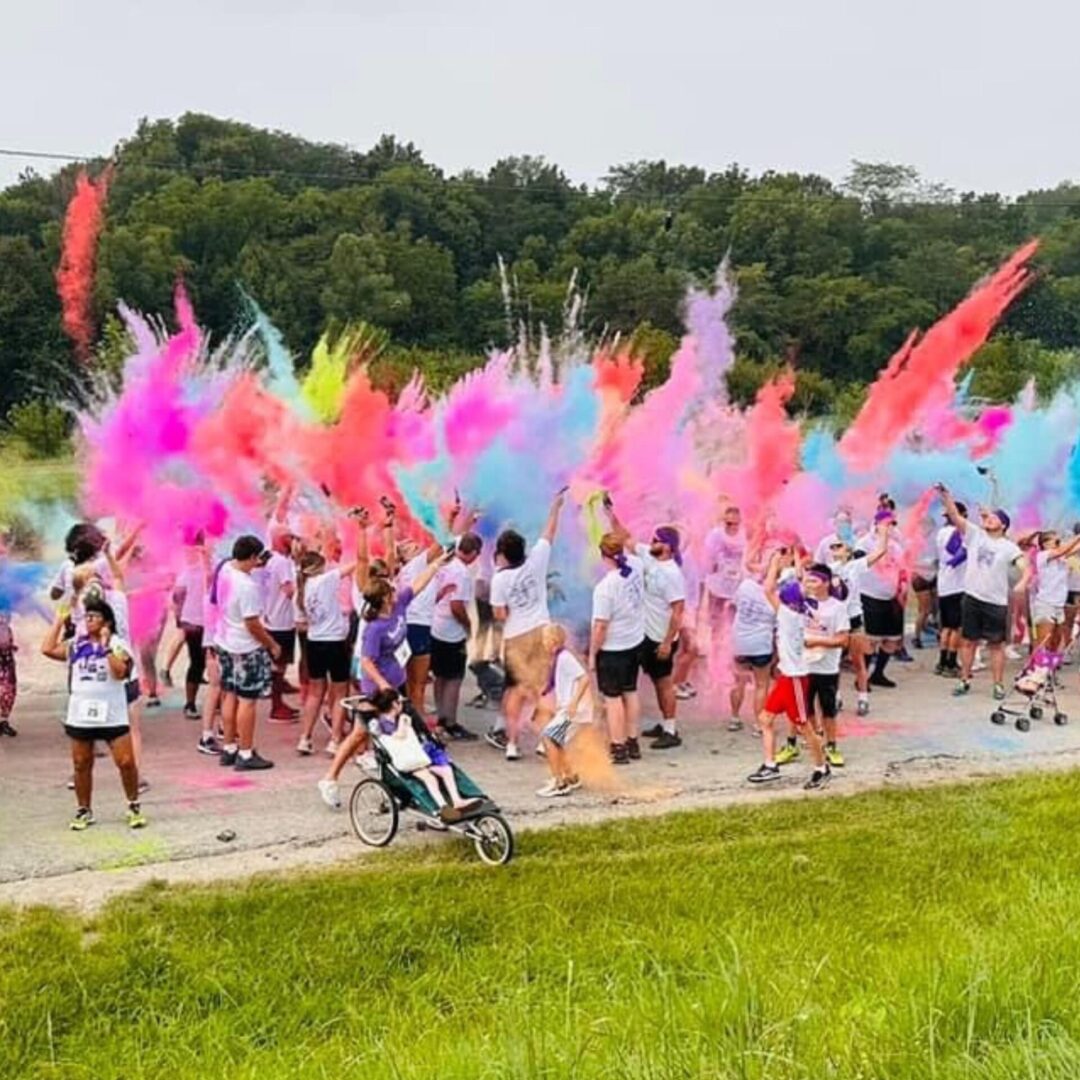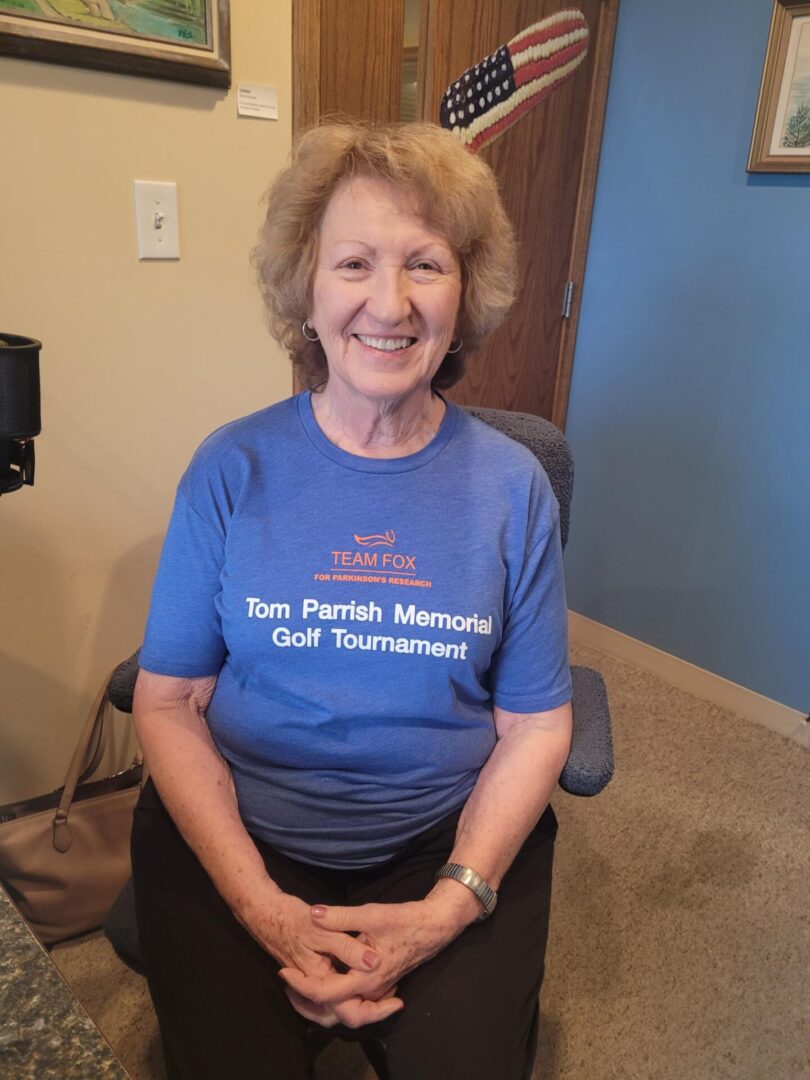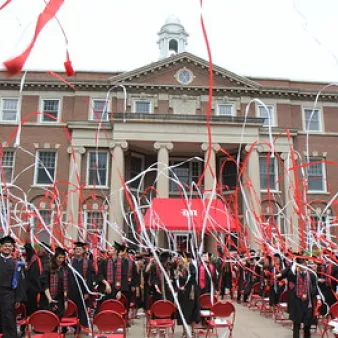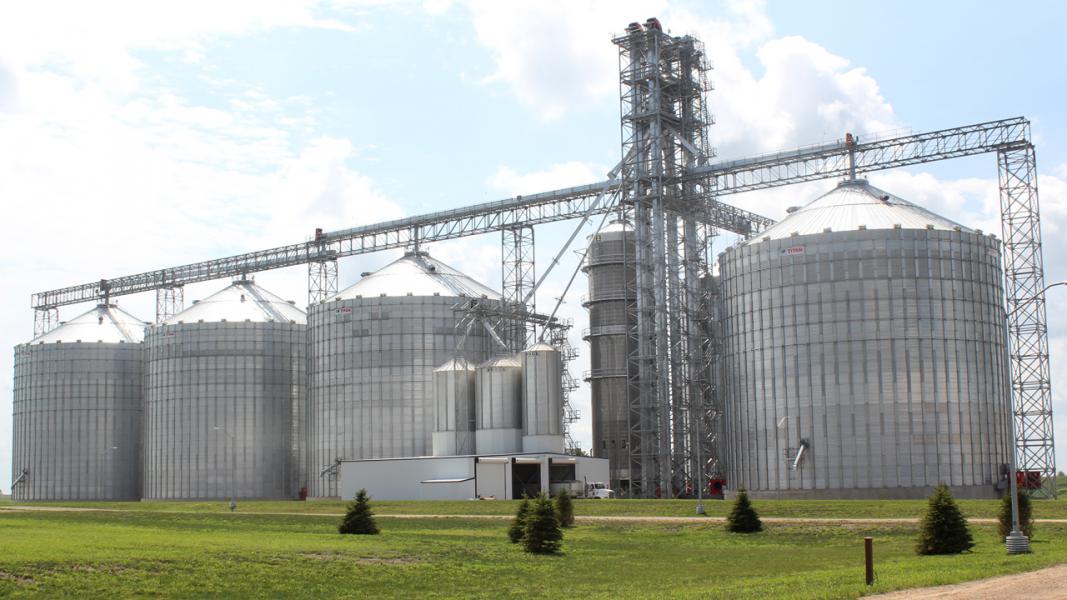As Memorial Day weekend is often considered the unofficial kick-off to summer, Monmouth Fire Captain Craig Cozadd offers grilling safety tips to minimize risks and a potential fire:
“Whether you have a charcoal grill, pellet grill, or LP gas, keep it away from your structures. They put off ambient and radiant heat and we don’t want siding to catch on fire. With LP gas, be aware that it is obviously a flammable gas and we need to be careful with that. If you have any issues where it is above and beyond what you can handle, everybody has had a grease fire on the grill, if it is away from everything that is fine, shut the lid, turn the fuel off, it will burn itself out, but if you have any question at all, feel free to call us and we will come out and take care of it. If you store your grill inside, make sure it is cool before you put it back in there, cool to the touch. Make sure you are always watching it, recreational fires as well, doesn’t just have to be grilling, it can be a recreational fire or small pit fire, just stay with it. Don’t walk away from it because that is when things turn bad in a hurry.”
According to the U.S. Consumer Product Safety Commission, between 2017 and 2021, a yearly average of 22,155 patients went to the emergency room with injuries caused by grilling.
Often considered the unofficial kick-off to summer, Memorial Day weekend is synonymous with outdoor celebrations and cookouts. With the holiday just around the corner and the warmer months upon us, the National Fire Protection Association® (NFPA®) is working to ensure that people understand where potential grilling risks exist and ways to minimize them.
“Because outdoor grilling involves the use of a fuel source to generate an open flame, it inherently presents potential fire risks that needs to be taken seriously,” said Lorraine Carli, vice president of Outreach and Advocacy at NFPA.
NFPA data shows that between 2017 and 2021, U.S. fire departments responded to an annual average of 11,421 home fires involving grills, hibachis, or barbecues, including 5,763 structure fires and 5,659 outside or unclassified fires. These fires caused an annual average of two civilian deaths, 176 reported civilian injuries, and $172 million in direct property damage. July was the leading month for grilling fires (16 percent), followed by June (14 percent), May (12 percent) and August (11 percent); grilling fires in November through February accounted for 4 percent or less each year.
According to the U.S. Consumer Product Safety Commission (CPSC), for the same fire-year period, an annual average of 22,155 patients went to emergency rooms because of injuries involving grills. Nearly half (47 percent) of the injuries were thermal burns, including both burns from fire and from contact with hot objects. These burns typically occurred when someone, often a child, bumped into, touched or fell on the grill, grill part or hot coals. In fact, children under five accounted for an average of 2,820 of the contact-type burns (46 percent) per year.
“These numbers reinforce that grilling fires can and do happen. However, there’s no need to avoid grilling during Memorial Day or in the months ahead,” said Carli. “Instead, by following simple safety precautions, people can greatly reduce the risk of experiencing a grilling fire.”
NFPA offers a wealth of tips, recommendations, and resources for grilling safely, including these key messages:
- For propane grills, check the gas tank for leaks before use in the months ahead. (Watch NFPA’s video on how to check for leaks.)
- Keep your grill clean by removing grease or fat buildup from the grills and in trays below the grill.
- Place the grill well away from the home, deck railings, and out from under eaves and overhanging branches.
- Always make sure your gas grill lid is open before lighting it.
- Keep children and pets at least three feet away from the grilling area.
- If you use starter fluid when charcoal grilling, only use charcoal starter fluid. Never add charcoal fluid or any other flammable liquids to the fire. When you have or are finished grilling, let the coals cool completely before disposing in a metal container.
- Never leave your grill unattended when in use.
For this release and other announcements about NFPA initiatives, research and more, please visit the NFPA press room.


